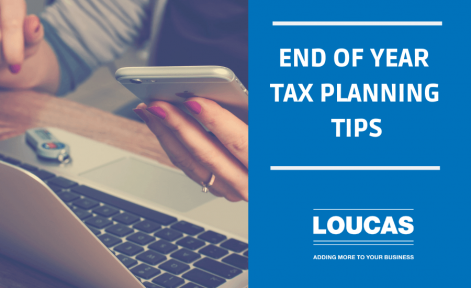If you hold shares in a company that have become of negligible value, even if you have not yet disposed of them, it is possible to make a negligible value claim and potentially reduce your tax liability.
If such a claim is made, you will be treated as if you have sold the shares and immediately required them back at their value at that time. This effectively crystallises the loss.
Although negligible value is not defined by law, HMRC’s guidance states “An asset is of negligible value if it is worth next to nothing”
You must own the shares at the time of making the claim. If a company has been dissolved the shares no longer exist and therefore it would be too late to make a claim. The timing of a claim is therefore particularly important, so any opportunity is not lost.
How can these losses be used to save tax?
The loss can be set off against other capital gains you have made in that year. If certain conditions are met, it is also possible to backdate the claim to the previous two tax years. Any unused losses can be carried forward to future years.
Perhaps more useful, in certain circumstances, it is possible to set the loss off against other income as opposed to just other capital gains.
The relief must be claimed within one year of the 31 January after the tax year in which the claim is made.
For the shares to qualify, they must have been subscribed for in a qualifying company. Broadly speaking, for the company to qualify it must meet similar conditions as to those of an Enterprise Investment Scheme (“EIS”) qualifying company. These are smaller companies not listed on a stock exchange.
Furthermore, the company must have been trading for a period of six years up to the date of disposal or its entire existence if that is less. Although, if the company did stop trading before the disposal the company may still qualify under certain conditions.
It is possible to set the loss off against income in the year of the claim, the preceding year or both years. A slight downside is that the loss can not be restricted in any year to preserve personal allowances, so care needs to be taken to ensure the loss is utilised in the most effective way.
Unless the shares have been acquired via SEIS or EIS then any loss claim is restricted to £50,000 or 25% of that year’s income whichever is greater.
The next step
If you have ever invested any money by buying shares in a company and believe that the shares may no longer have any value, you may be due a tax refund. We would be happy to review the situation and make a claim on your behalf.
T: 01622 758257 E: enquiries@loucas.org.uk







